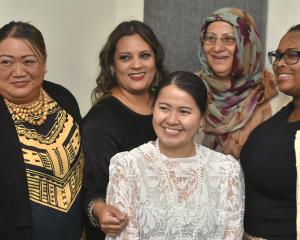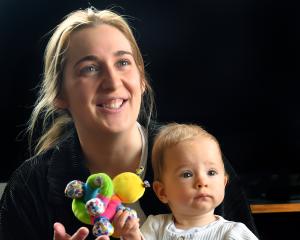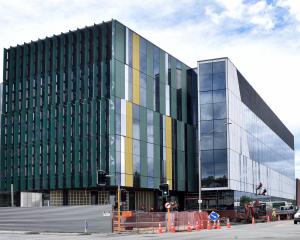
October 16 marks the date ether anaesthetic was first demonstrated to the public in Boston, Massachusetts in 1846.
Consultant anesthesiologist Dr Claire Ireland said yesterday was about promoting the specialty and the good work that was going on in anaesthesia around the country, because sometimes the field is a bit hidden in the background.
"I think it is important for the public to see what we do, and to highlight some of the things we're asking patients to help us in preparation for surgery."
"Like following safe fasting guidelines, and why we ask people to do that and also the importance of engaging in getting fit for surgery.
"That might include exercise, stopping smoking, and improving underlying health condition."
Every year there was a theme, and this year was perioperative anaesthesia.
Perioperative medicine is importance of an integrated, planned, and personalised approach to patient care before, during, and after any surgical procedure involving anaesthesia.
"Perioperative care is the best place to manage increasingly complex patients around the time of surgery to prepare them for operation and also to try and avoid post-operative complications.
"Things like developing chest infections after surgery, so that is a real focus of today, to look at the expert care provided by the team here," Dr Ireland said.
Promoting perioperative medicine as an emerging specialty was also a goal for the day.
The Australia and New Zealand College of Anaesthetists is set to be one of the first colleges in the world to offer a perioperative medicine diploma.
"In Dunedin we have a few anesthetists who will be the first people to receive this qualification towards the end of the year and some of the first in Australasia.
"If they get that qualification, it means we'll have people who have more specialisation for training, education, research and delivery of quality anaesthesia perioperative care."











